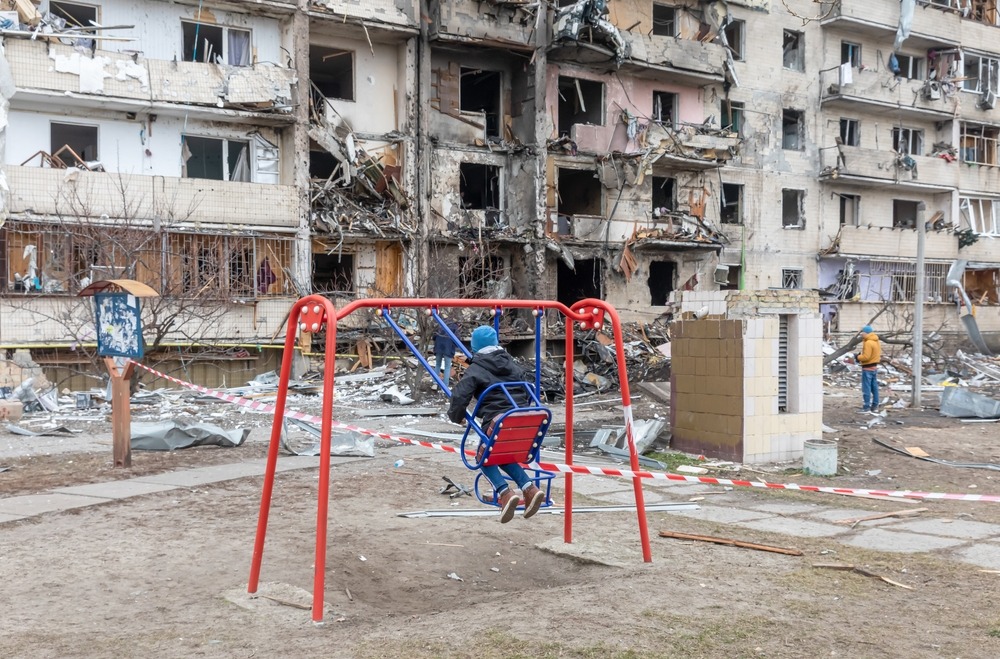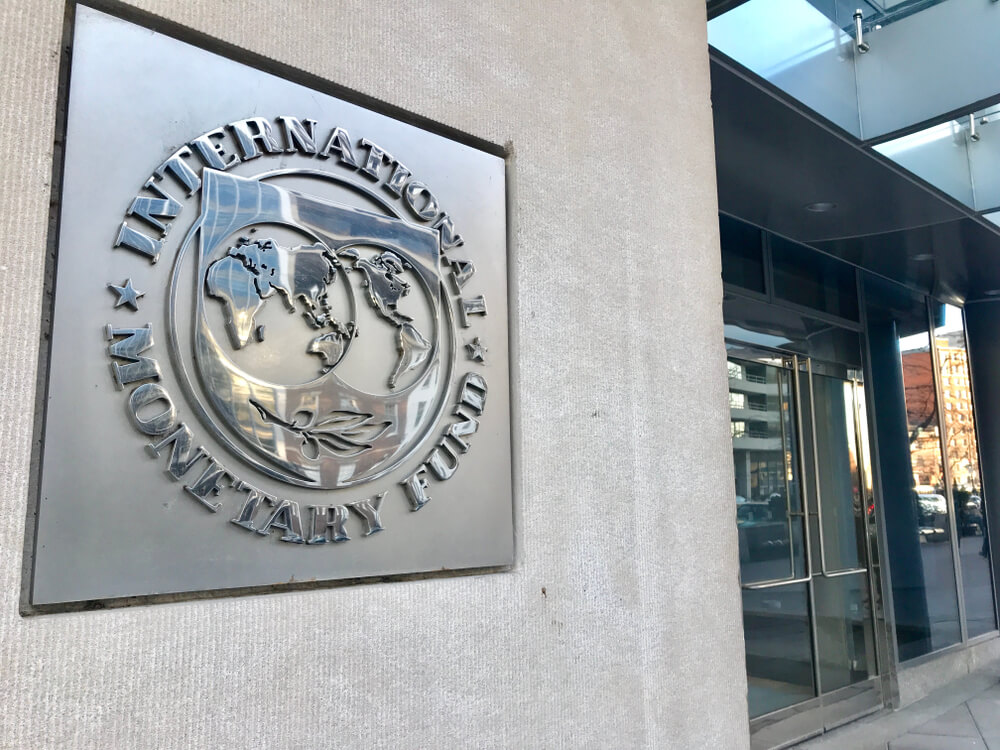According to a European Central Bank poll released on Tuesday, eurozone banks aim to curtail access to business lending in the second quarter as the war in Ukraine weighs on the outlook and reduces risk tolerance.
As the battle continues and inflation rises, officials are growing anxious that banks may tighten lending; this makes investments more difficult to finance during this period of uncertainty. They are also concerned that increased household expenditure on basic needs may reduce their disposable income.
Outlook on Risk Assessment
According to the ECB, credit standards, or banks’ internal loan acceptance criteria, are tight in the first quarter; they have elevated risk perceptions, partly due to rising inflation and ongoing supply chain disruptions. However, the second quarter should be even more challenging as banks try to shield their balance sheets from the consequences of Russia’s war in Ukraine and rising input costs.
“Banks predict a significantly higher net tightening of credit criteria for loans to companies,” the ECB said in a quarterly lending poll; “likely reflecting the unclear economic impact of the situation in Ukraine and the assumption of less accommodating monetary policy.”
“Banks also foresee a slight net tightening of credit criteria for housing loans, consumer credit, and another household lending,” it continued.
Nonetheless, credit demand rose across the board in the first quarter. The ECB anticipates a net gain in business loan demand in the second quarter; notably, mortgage interest rates should fall. The poll is usually a major input in the bank’s policy considerations; officials are likely to worry that lending to the economy is dwindling just as growth slows. There will be no substantial policy action at the ECB’s next meeting on April 14; however, the bank might offer more clarity on how it expects to dial down its unprecedented stimulus; worrying that inflation is now a larger issue than poor growth.













